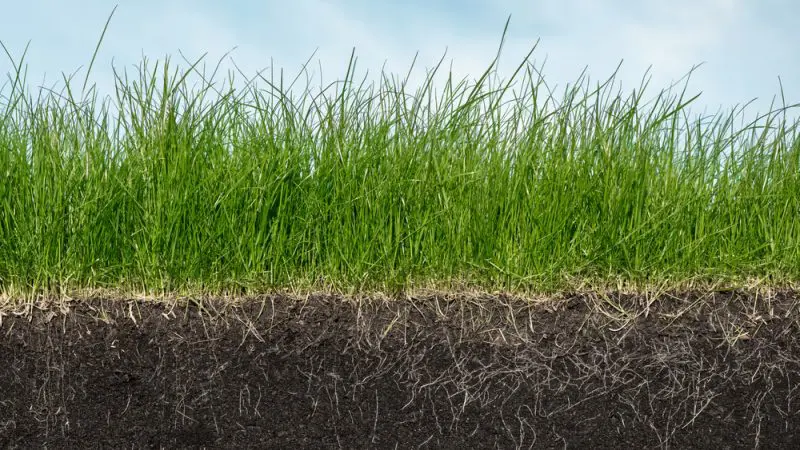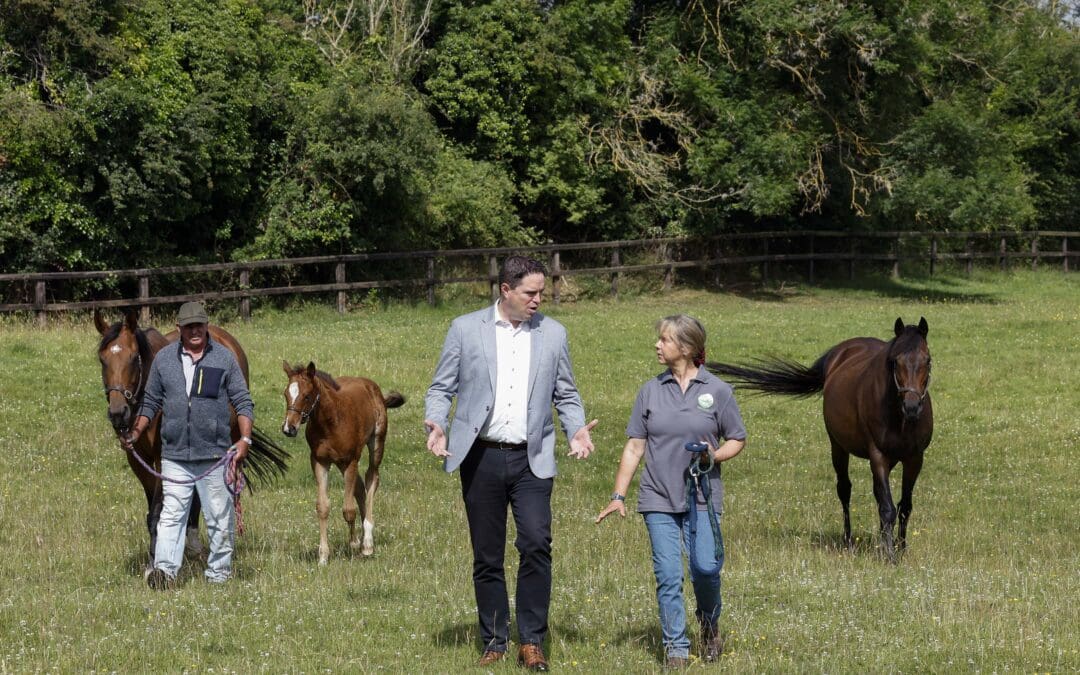Agricultural Knowledge and Innovation Systems (AKIS) is the combined organisation and interactions between persons, organisations and institutions that produce and use knowledge and innovation for agriculture, forestry, rural development, and other related areas. Each European Member State has its own national AKIS to connect different stakeholders, including farmers, educational institutions, researchers, advisors, agri-businesses, NGOs, and policymakers, to improve the efficiency, sustainability, and competitiveness of agriculture in the EU.
Knowledge and innovation play a key role in helping farmers, foresters and rural communities meet current and future economic, social and environmental challenges. Effective AKIS are needed to ensure that knowledge is shared from and between those who produce it, and those who use it, thus creating a connected network of stakeholders which is resilient and adaptive to current and future challenges.
AKIS is a critical component of the EU’s Common Agricultural Policy (CAP). The CAP emphasizes the importance of innovation and knowledge transfer to ensure sustainable agriculture and rural development. The EU supports AKIS networks through funding programs, research initiatives, and policy frameworks that encourage collaboration among stakeholders.
The AKIS in Ireland consists of a wide range of stakeholders including:
- Advisors and Consultants: Independent consultants, agronomists, and advisors provide specialised knowledge and advice to farmers, helping them to improve their operations.
- Cooperatives and Producer Groups: These help farmers collaborate, share resources, and access markets, often facilitating the adoption of new practices and technologies.
- Farmers and Farming Organisations: Farmers are at the core of the AKIS, applying knowledge and innovations in their practices. Farming organisations like Associations represent the interests of farmers and play a key role in the dissemination of knowledge.
- Government Agencies: Various government departments, particularly the Department of Agriculture, Food and the Marine (DAFM), play a role in shaping agricultural policy, funding research, and supporting innovation in the sector.
- National Agriculture and Food Development Authority: Teagasc provides research, advisory, and educational services to help farmers and producers adopt new technologies and practices.
- Non-Governmental Organisations (NGOs) and Environmental Groups: They contribute by promoting sustainable agricultural practices and advocating for environmental protection.
- Private Sector: Agribusinesses, input suppliers, and technology companies develop and provide innovative products and services to farmers.
- Universities and Research Institutions: Institutions conduct agricultural research and offer educational programs that contribute to the development of the sector.
You can find out more about AKIS within the EU here, and about how the Innovation Hub activities taking place under CAP Network Ireland that can support AKIS here.




